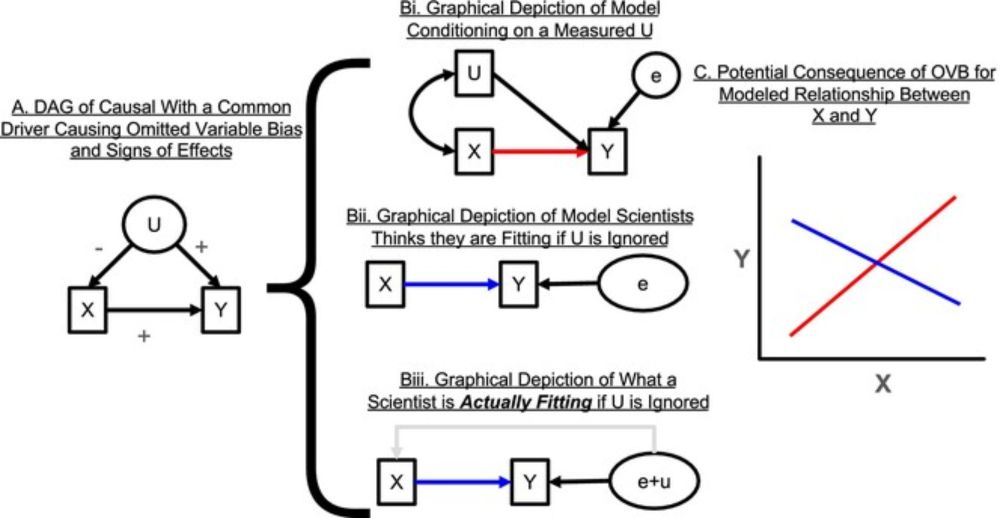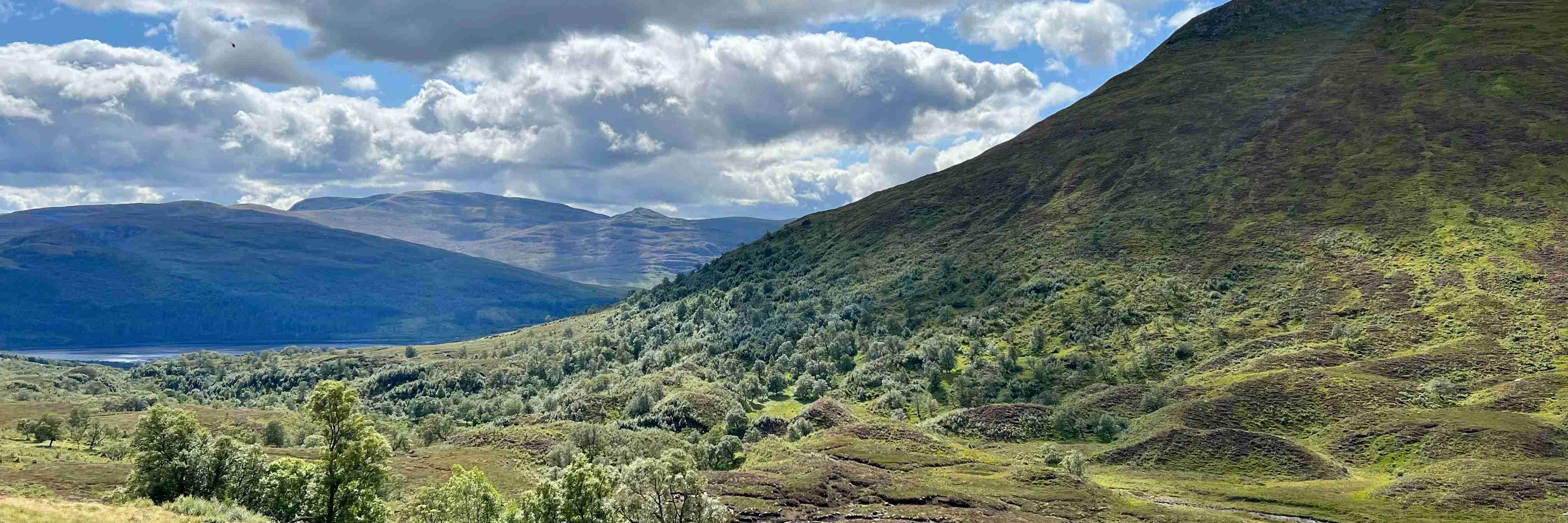
Soil ecologist at INRAE @inrae-france.bsky.social. Invertebrologist. Collects soil invertebrates and their poo for a living.
University of Stirling; Centre de Coopération Internationale en Recherche Agronomique pour le Développement; Université de Montpellier; Institut Agro Montpellier; Institut National de Recherche pour l'Agriculture, l'Alimentation et l'Environnement • Ecology and Vegetation Dynamics Studies, Soil Carbon and Nitrogen Dynamics, Forest Ecology and Biodiversity Studies
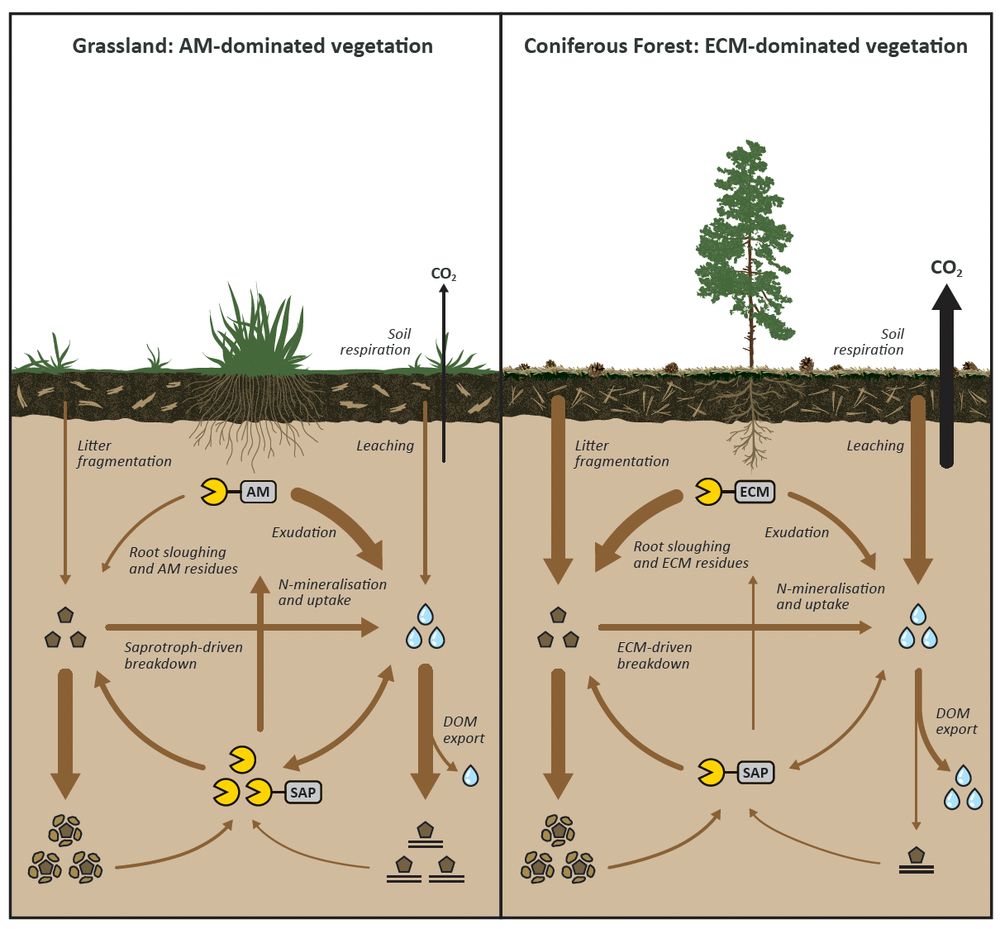
🌲 Temperate grassland conversion to conifer forest destabilises mineral soil carbon stocks
Open access ➡️ tinyurl.com/3krerb92
A short thread ⤵️
Reposted by John Parker, François‐Xavier Joly

Forest Ecosystem Multifunctionality: A Systematic Review of Measures and Drivers
🌳🌲
link.springer.com/article/10.1...
Reposted by Ben Bond‐Lamberty, François‐Xavier Joly

...where we show an unexpectedly high variation in litter decomposition rates within a 9-ha forest, despite keeping macroclimate, vegetation and litter quality constant!
🍃🍂🦠🪱🌲
besjournals.onlinelibrary.wiley.com/doi/10.1111/...
Reposted by Ben Bond‐Lamberty, Simon Roux, François‐Xavier Joly

Reposted by François‐Xavier Joly
We show that how you plant tree species (not just which) can significantly boost forest functioning.
🔗 rdcu.be/evtXs
👇 A short thread
Reposted by François‐Xavier Joly
More info ⬇️
orcid.org/0000-0002-20...

I am so happy to share our latest piece, now published in Ecology Letters!
onlinelibrary.wiley.com/doi/full/10....
Reposted by Johan Six, Liane G. Benning, François‐Xavier Joly
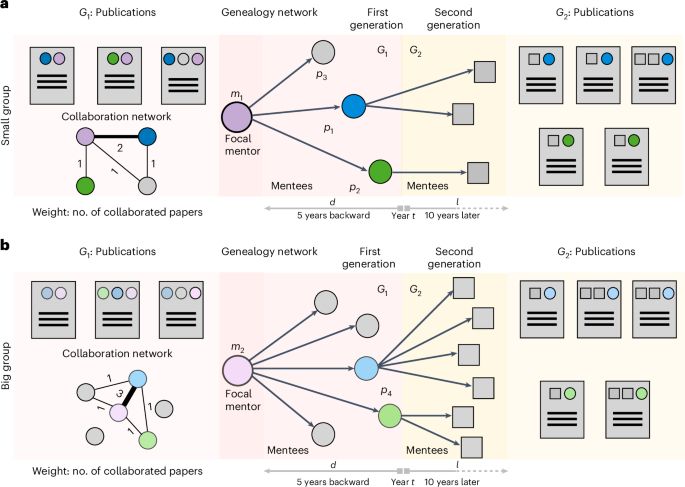
www.nature.com/articles/s41...

⚠️ Spoiler: We do not report any significant effect, and yes it matters.
www.sciencedirect.com/science/arti...
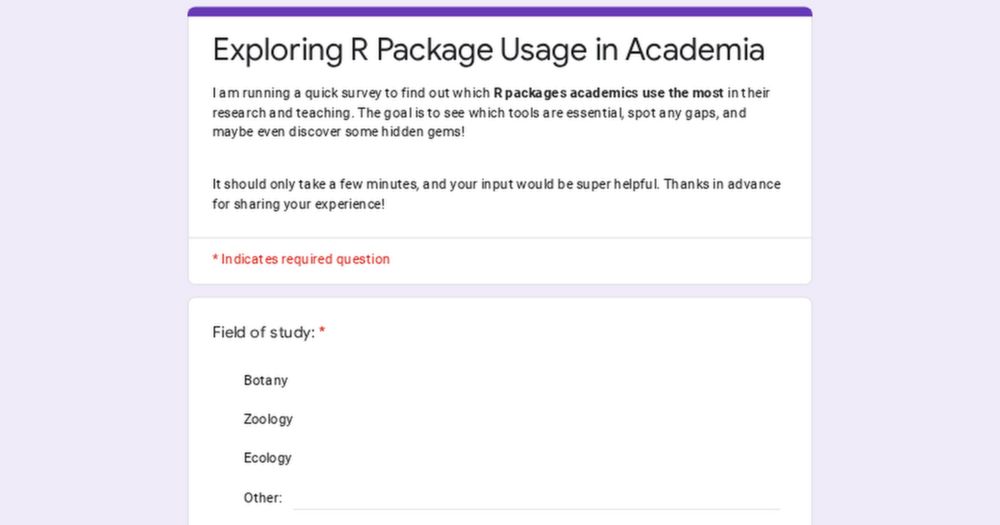
docs.google.com/forms/d/e/1F...
Reposted by François‐Xavier Joly
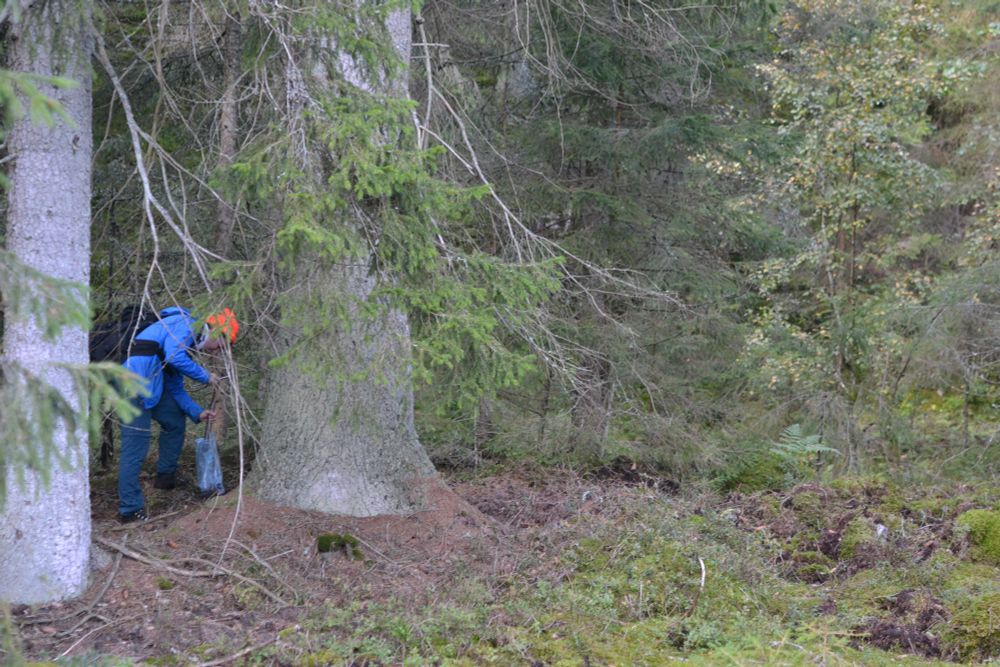
Check out our new research examining this in depth in Conservation Biology 💫
conbio.onlinelibrary.wiley.com/journal/1523...
Reposted by François‐Xavier Joly
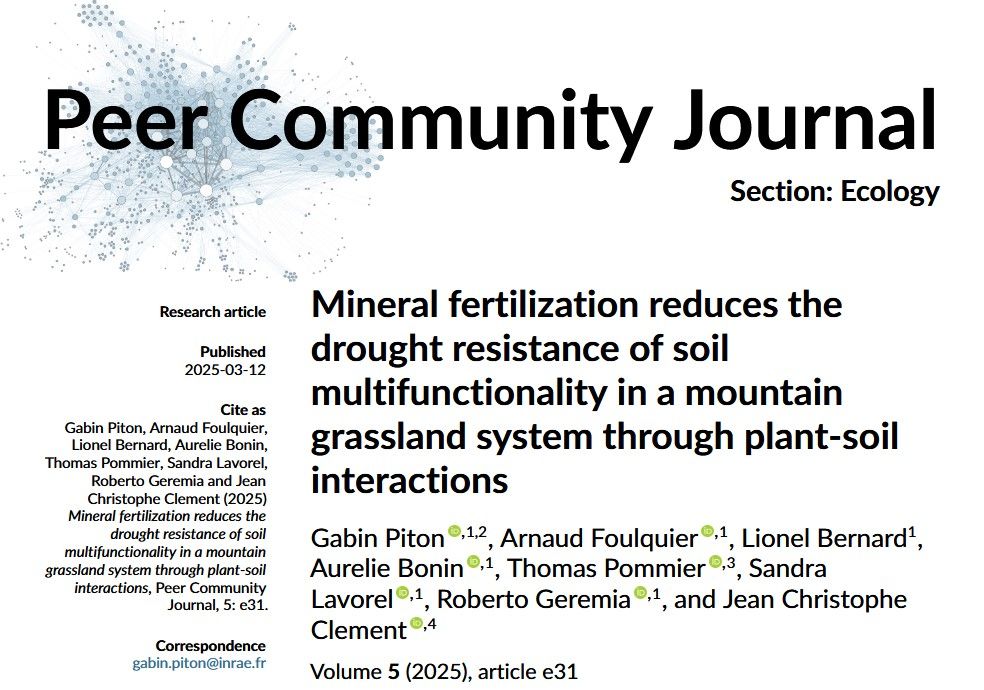
Reducing mineral fertilizer use in mountain grasslands could improve the ability of their soil to maintain their multifunctionality during drought.
Last chapter of my PhD 5 y latter. #NewPI never give up publish your science! #Soilscience
Reposted by François‐Xavier Joly
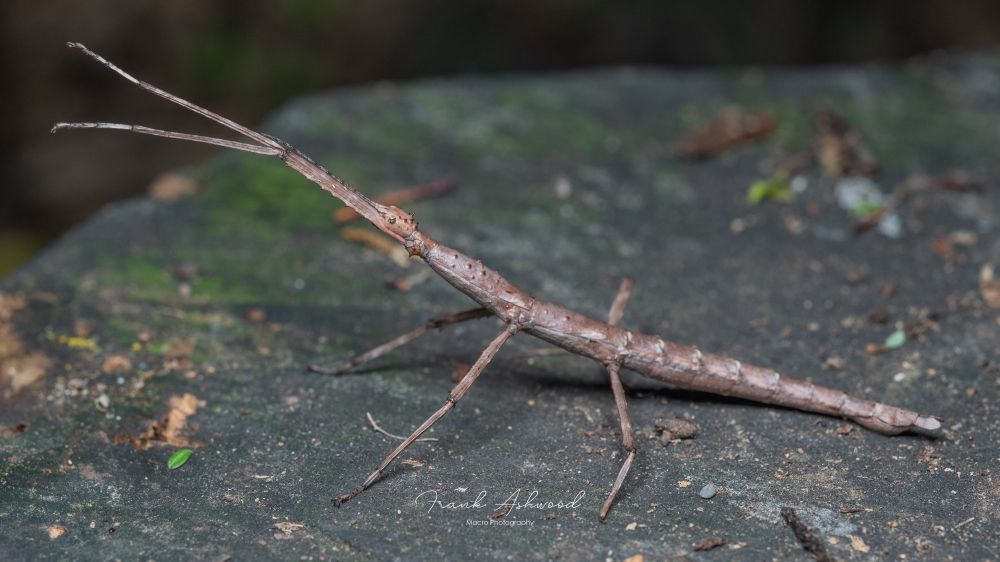
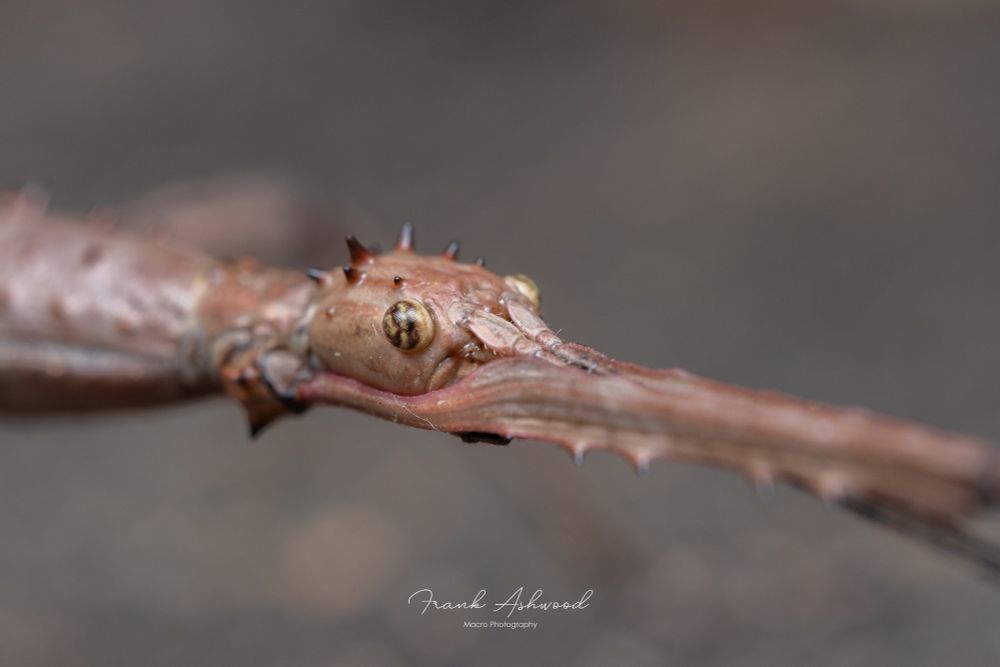
Huge thanks to @morganemerien.bsky.social for pointing this out on a recent University of Canterbury field trip - it's great fun teaching entomology!
#Invertebrate 🧪

If you use "Greetings of the day!", "distinguished speaker", or "your valuable submission" in your emails, my new bespoke spam filter will mark is as read and delete it. Works like a charm for now.
I eagerly await for your valuable spam-filtering term suggestions. 🙏⤵️
Reposted by François‐Xavier Joly

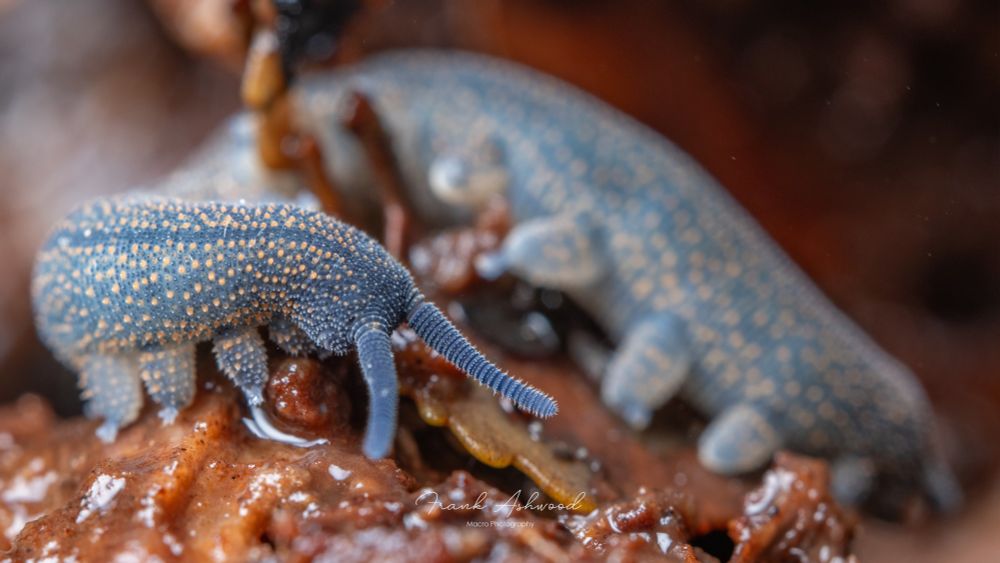
NZ has two genera: one lays eggs (Ooperipatellus, 1st photo) and another gives live birth (Peripatoides, 2nd). They also deposit sperm which burrow through their partner's skin, but that's another story! 🧪
Reposted by François‐Xavier Joly
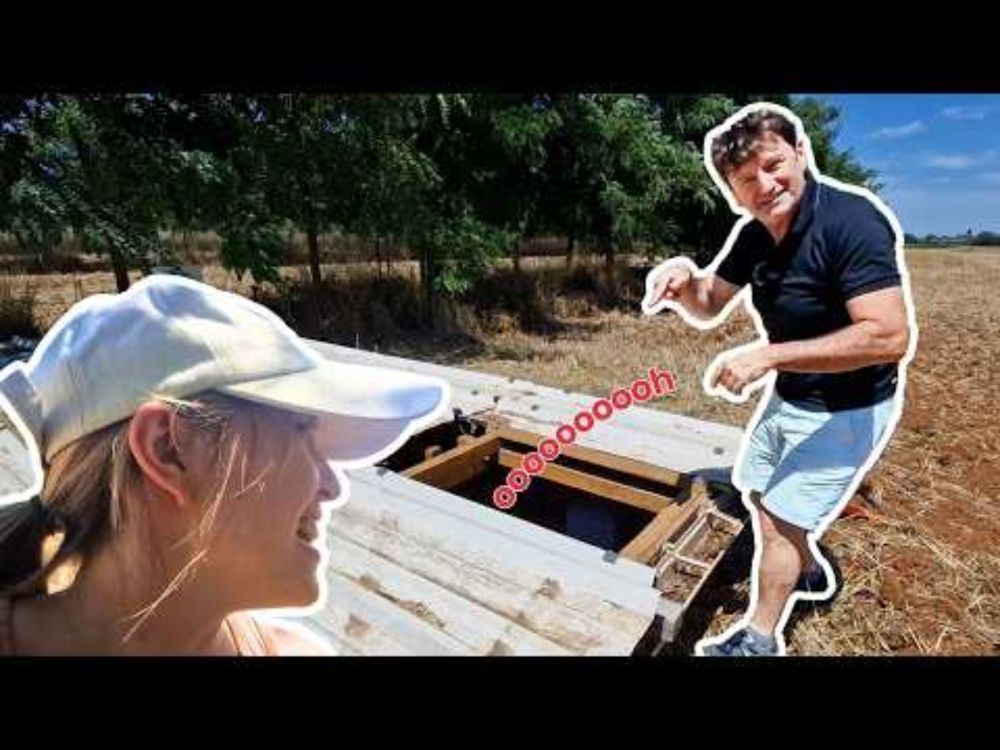
www.youtube.com/watch?v=GgDe...
Reposted by François‐Xavier Joly
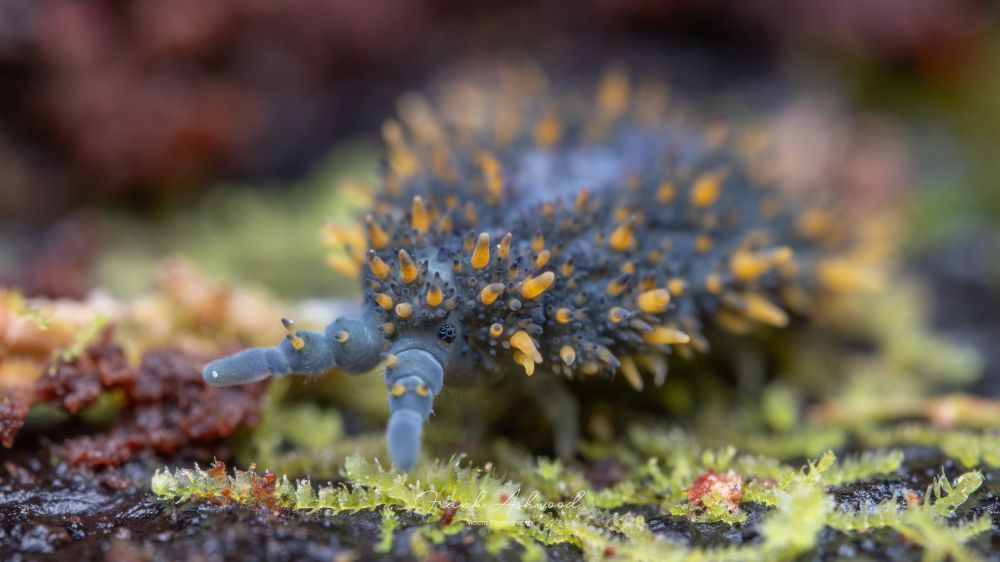
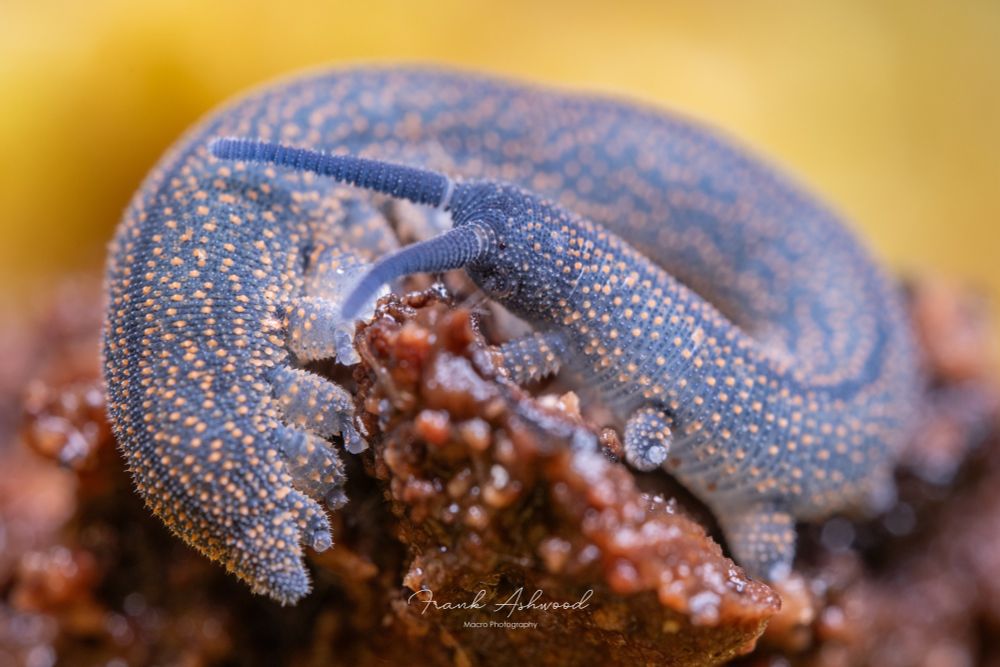
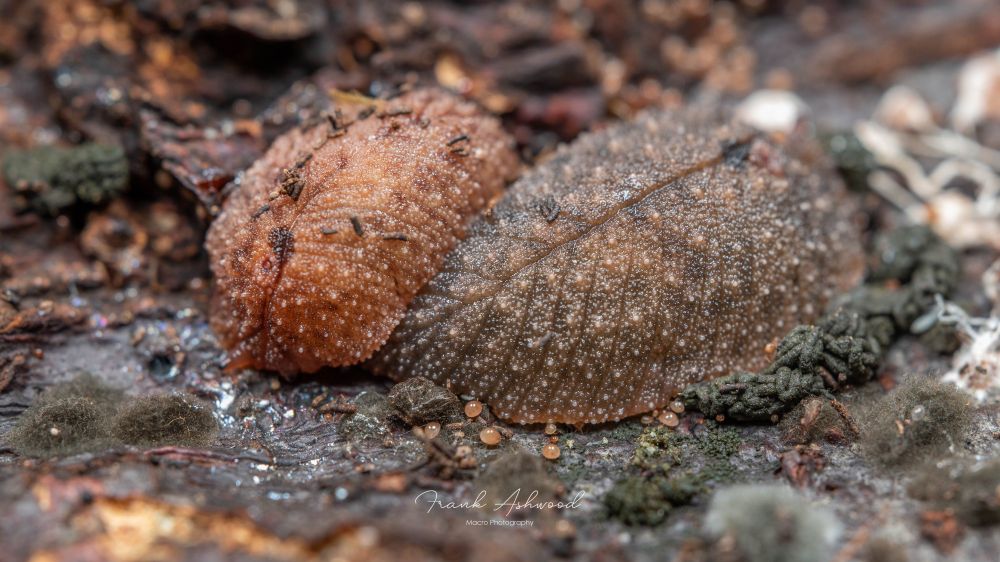
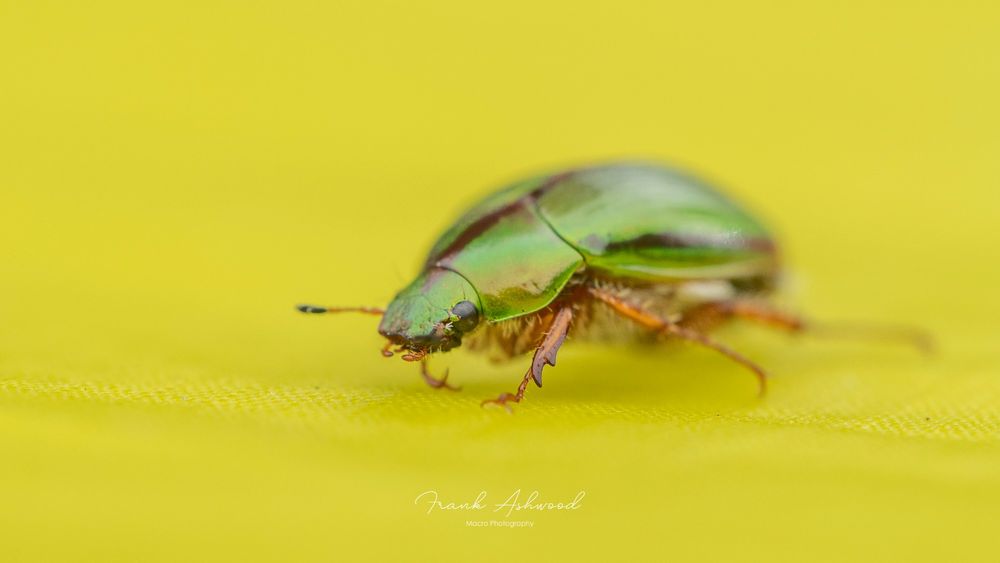
Here's a few of my favourite contenders. Now voting is over I'll admit I have been quietly rooting for the velvet worm too - they're amazing animals!
Good luck #TeamGiantSpringtail!
Reposted by François‐Xavier Joly
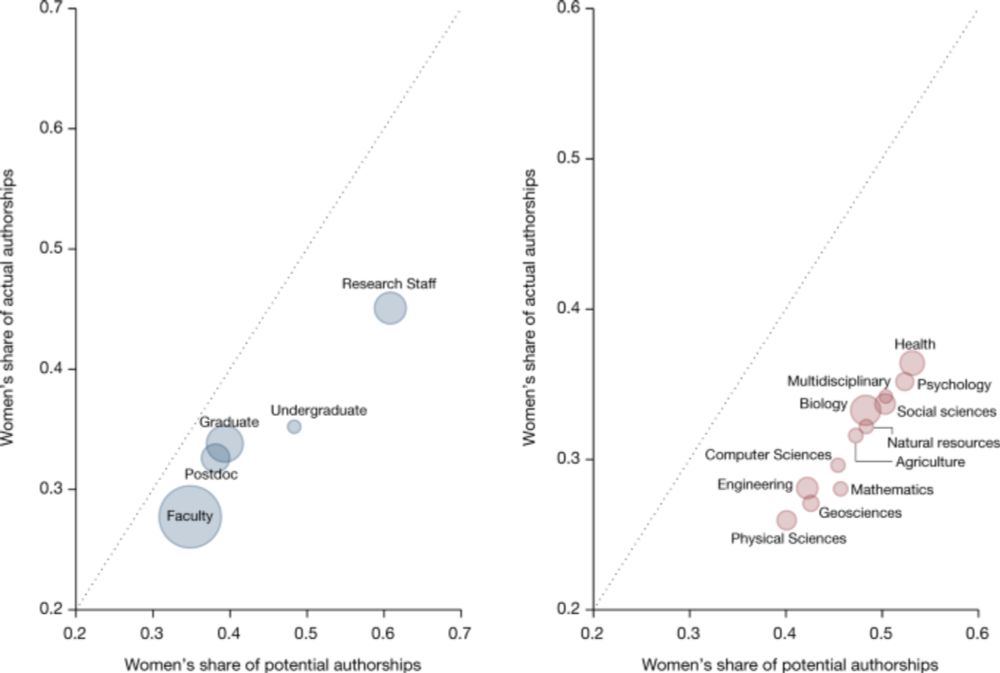
1. Women are credited less in science than men.
www.nature.com/articles/s41...
We fund frontier research in Europe—bold ideas, unexpected discoveries and science that shapes the future. So it’s only fitting we’ve landed here. Sorry for being late.
Follow us for updates on ERC funding, research policy, and our grantees' discoveries.
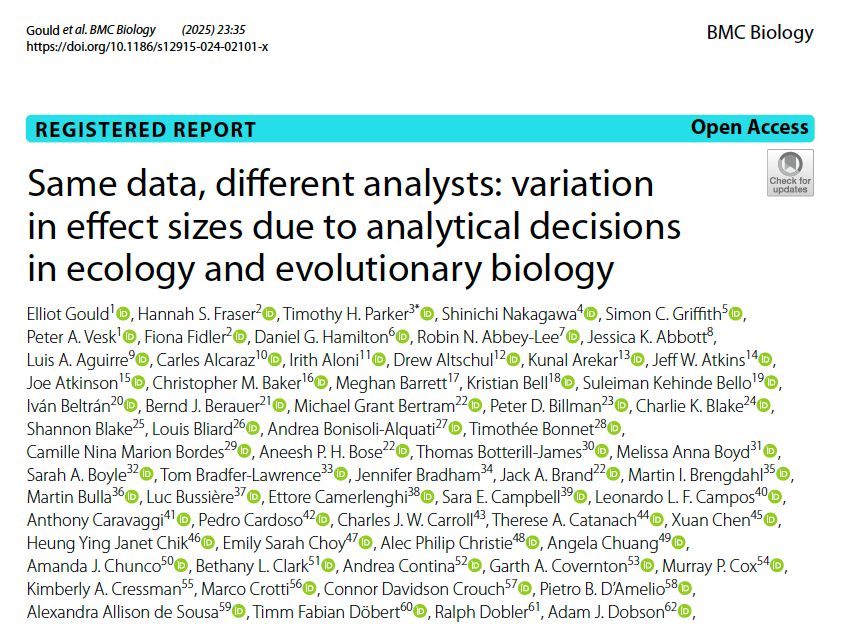
300+ coauthors and 5+ years, this was a massive effort by @elliotgould.bsky.social Hannah Fraser Tim Parker and co.
Open access 👉 bmcbiol.biomedcentral.com/articles/10....
Reposted by François‐Xavier Joly

groundselbush #beetle #larva #Chrysomelidae #Trirhabda bacharidis (Raleigh, NC, USA)
Reposted by François‐Xavier Joly

Reposted by François‐Xavier Joly
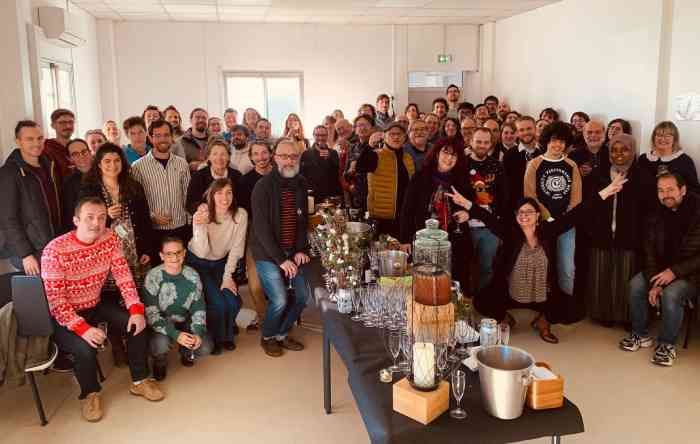
Reposted by François‐Xavier Joly
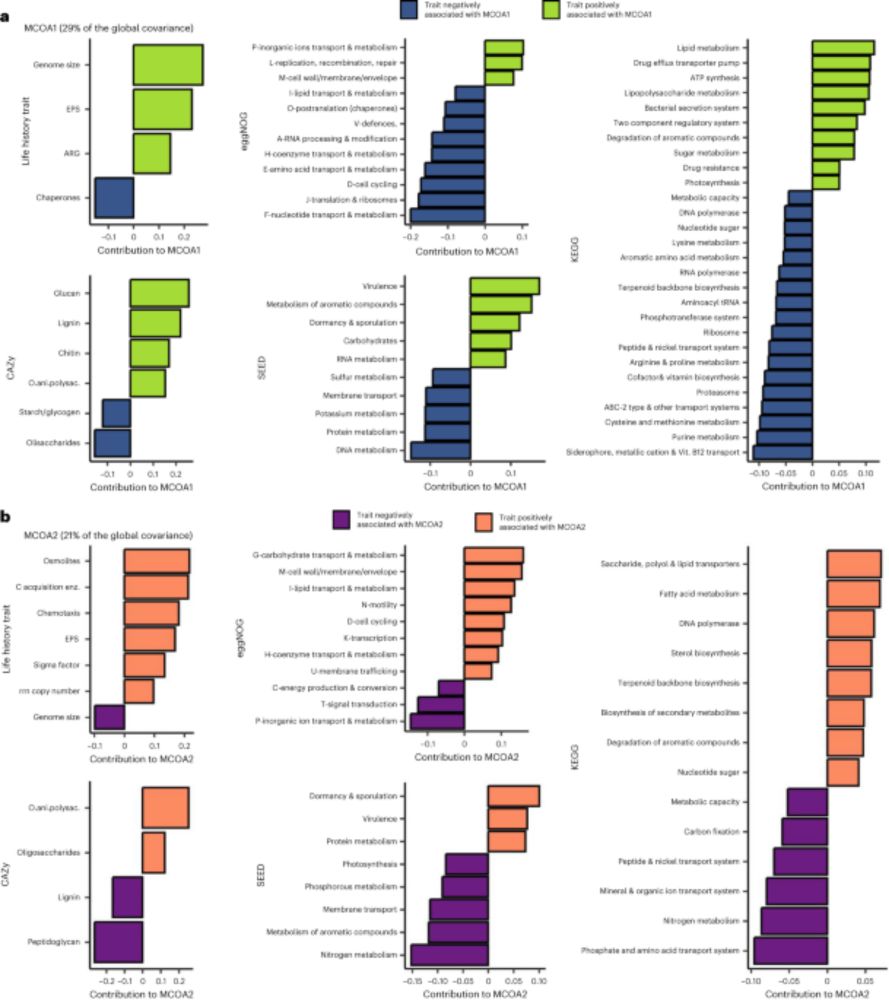
Recent publications 👇
